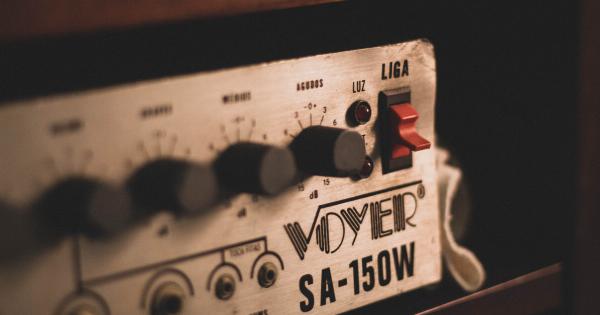Dementia is a common syndrome that affects millions of people worldwide.
Dementia is characterized by declining cognitive and functional abilities, with symptoms including memory loss, difficulty with communication, confusion, and changes in mood and behavior. While there is no cure for dementia, there are many treatments available to help manage the symptoms of this syndrome.
While medications are often the go-to treatment for dementia, there are many alternative treatments available that can help improve cognitive function and quality of life.
In this article, we will explore some of the most effective non-medication treatments for dementia.
1. Cognitive Stimulation Therapy
Cognitive Stimulation Therapy (CST) is an evidence-based treatment that involves group-based activities and discussions designed to stimulate cognitive function in people with dementia.
CST has been shown to improve memory, attention, and language skills in people with dementia, and can help improve quality of life by promoting social interaction and engagement in meaningful activities.
2. Art Therapy
Art therapy involves using visual art to promote emotional and cognitive healing. Art therapy has been shown to be effective in helping people with dementia improve their memory, focus, and cognitive function while also reducing anxiety and depression.
Art therapy can involve a range of activities, including drawing, painting, sculpture, and collage.
3. Music Therapy
Music therapy involves using music to promote emotional and cognitive healing. It has been shown to be effective in helping people with dementia improve their memory, reduce anxiety and depression, and improve their quality of life.
Music therapy can involve listening to music, playing musical instruments, or singing.
4. Exercise Therapy
Exercise therapy involves physical activity designed to improve cognitive and physical function. Exercise has been shown to be effective in helping people with dementia improve their mobility, reduce falls, and improve cognitive function.
Exercise can involve a range of activities, including walking, swimming, tai chi, and yoga.
5. Pet Therapy
Pet therapy involves interaction with animals, typically dogs or cats, to improve emotional and cognitive well-being.
Pet therapy has been shown to reduce anxiety and depression in people with dementia, while also improving social interactions and reducing social isolation.
6. Massage Therapy
Massage therapy involves the manipulation of soft tissues to promote relaxation and reduce stress. Massage therapy has been shown to reduce anxiety and depression in people with dementia, while also promoting relaxation and reducing agitation.
7. Aromatherapy
Aromatherapy involves the use of essential oils to promote physical and emotional healing. Aromatherapy has been shown to reduce anxiety and improve sleep in people with dementia, while also promoting relaxation and reducing agitation.
8. Acupuncture
Acupuncture involves the insertion of thin needles into specific points on the body to promote physical and emotional healing.
Acupuncture has been shown to reduce anxiety and improve sleep in people with dementia, while also reducing agitation and promoting relaxation.
9. Reminiscence Therapy
Reminiscence therapy involves the use of life stories and memories to promote emotional and cognitive healing.
Reminiscence therapy has been shown to improve cognitive function, reduce anxiety and depression, and promote social interaction in people with dementia.
10. Transcranial Magnetic Stimulation (TMS)
Transcranial magnetic stimulation involves the use of magnetic fields to stimulate the brain, promoting cognitive and emotional healing.
TMS has been shown to improve cognitive function, reduce anxiety and depression, and improve quality of life in people with dementia.



























